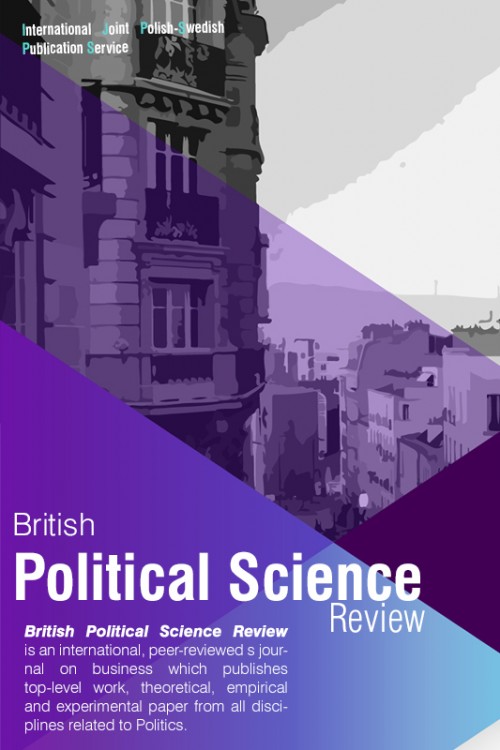
Isaiah Berlin; the Agonistic Liberalism Plan Based on Value Pluralism
Abstract
Finding the relation between liberalism and pluralism is one such issue that the advocates and opponents of the doctrine of liberalism have been discussing in many respects. Some consider liberalism as the only doctrine through which pluralism can be realized, and some do not see it as consistent with pluralism because of its universal claim. This led Isaiah Berlin the prominent thinker of the twentieth century to examine the possibility of a pragmatic pluralism-based agonistic liberalism and to propose solutions to liberalism from a situation in which it was accused of not being reconciled with pluralism. In this article, the purpose is to use the descriptive-analytical method and to collect data based on library resources, also by asking the question of Isaiah Berlin's approach to reconciling liberalism with pluralism. The hypothesis is that Isaiah Berlin, with the design of value-oriented pluralism in the framework of liberalism, sought to reconcile liberalism with pluralism. Berlin's idea of criticism will also be criticized. In sum, comparing the arguments of Berlin on the one hand and the opponents of the reconciliation of liberalism and pluralism on the other, the result is that liberalism is neither in complete harmony, nor in complete dissonance with pluralism, but liberalism can, to a certain extent, accept the adoption of pluralism, which will not endanger its credible values for survival.